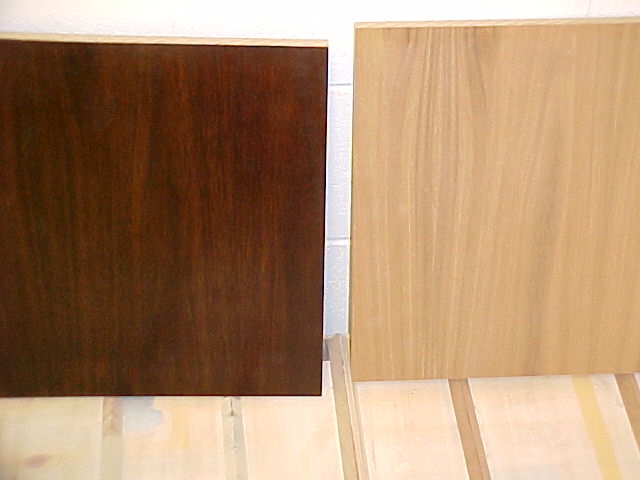Question
Shellac does not dissolve in alcohol. I have quite a lot of shellac flakes in plastic self seal bags, airtight I assumed. When I add to methylated spirits, it will not dissolve. It is anything up to 5 years old and has been kept in a region where humidity is generally above 80% all day and night. I tried adding proper auto paint thinners to the mix but this did not seem to work. So I microwaved some to try and drive out any moisture the flakes may have absorbed. The flakes heated up some and partially melted but this had no effect and it still will not dissolve. Next I will try in the direct sunlight or a bowl in a low oven. Does anyone know what might be happening chemically here? I want to save and use the shellac if I can.
Forum Responses
(Finishing Forum)
From contributor G:
Your shellac is dead. Stop beating a dead horse. You will also be dead if you continue to microwave solvents or put them in an oven.
I am not a shellac chemical analyst, but studies have proven that shellac does not have a guaranteed shelf life for solubility. Shellac is thermoplastic but slowly becomes thermosetting. Lac, on aging, becomes slowly insoluble in alcohol. After about two years in storage in India, it is no longer soluble in cold alcohol. Upon boiling with alcohol, it becomes soluble or is peptized into colloidal solution. I would not recommend you try this at home.
There is a point when shellac gum subjected to heat will "pass over" or polymerize from a plastic, soluble state to a tough, rubbery, insoluble form. I would try grinding it finely in a blender and then try to dissolve in a different brand new can of methylated spirits. If it doesn't dissolve, let it go.
"I would try grinding it finely in a blender and then try to dissolve in a different brand new can of methylated spirits."
I will go with this now and see if I get any difference. Thanks. I suppose boiling in alcohol could be tried. Staying under the evaporation state of alcohol and on an electric source of heat ought to be safe enough, for a small try anyway.
Shellac that is still of good quality will dissolve in cold alcohol. If it doesn't, it is no longer useful. That said, shellac can take days to fully dissolve in cold alcohol. You can speed up the process by placing the closed container in an ultrasonic bath or a warm water bath or by constant mechanical stirring or frequent shaking of the bottle.
Shellac thrown into a jar with solvents will initially become a molten "block" at the bottom of the container. If it is not frequently shaken I have no idea how long it would take for the shellac to fully go into solution.
Perhaps you need to have more patience and put it somewhere that you will pass by it often. Shake it well every time you pass by. If it does not dissolve completely using that means within a few days, then it is a good indication that the shellac itself is no longer of good quality. Not something you would want to use.
